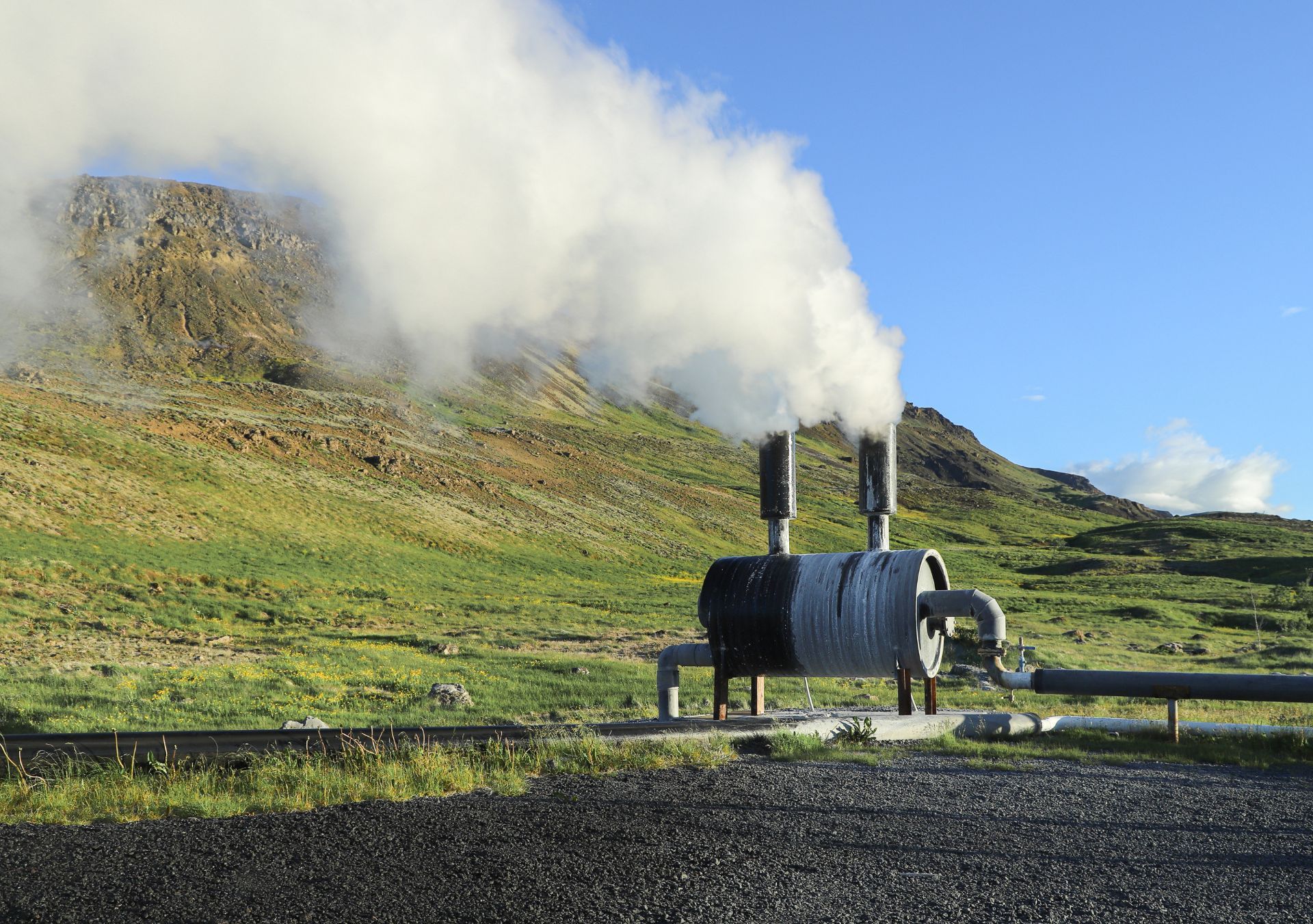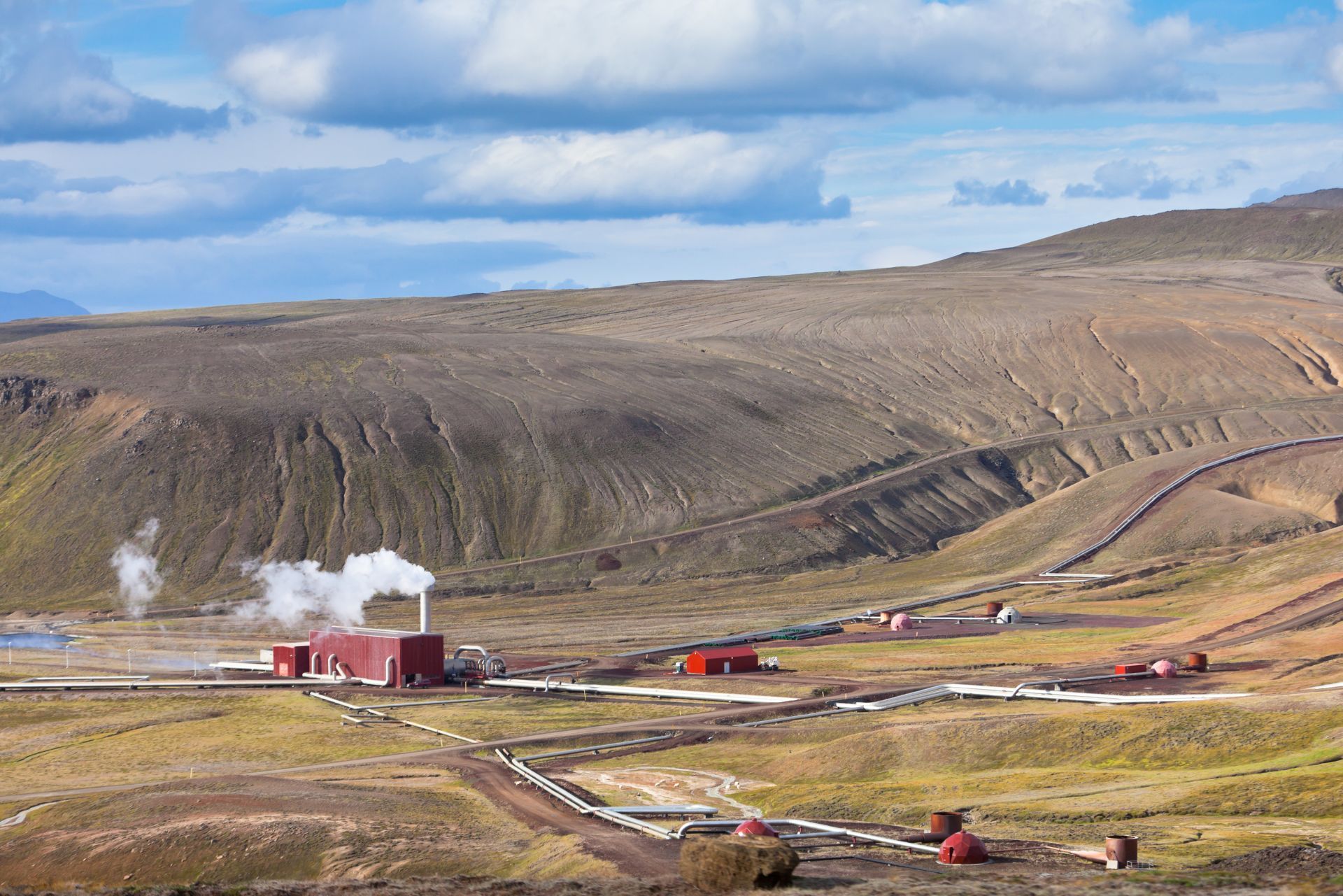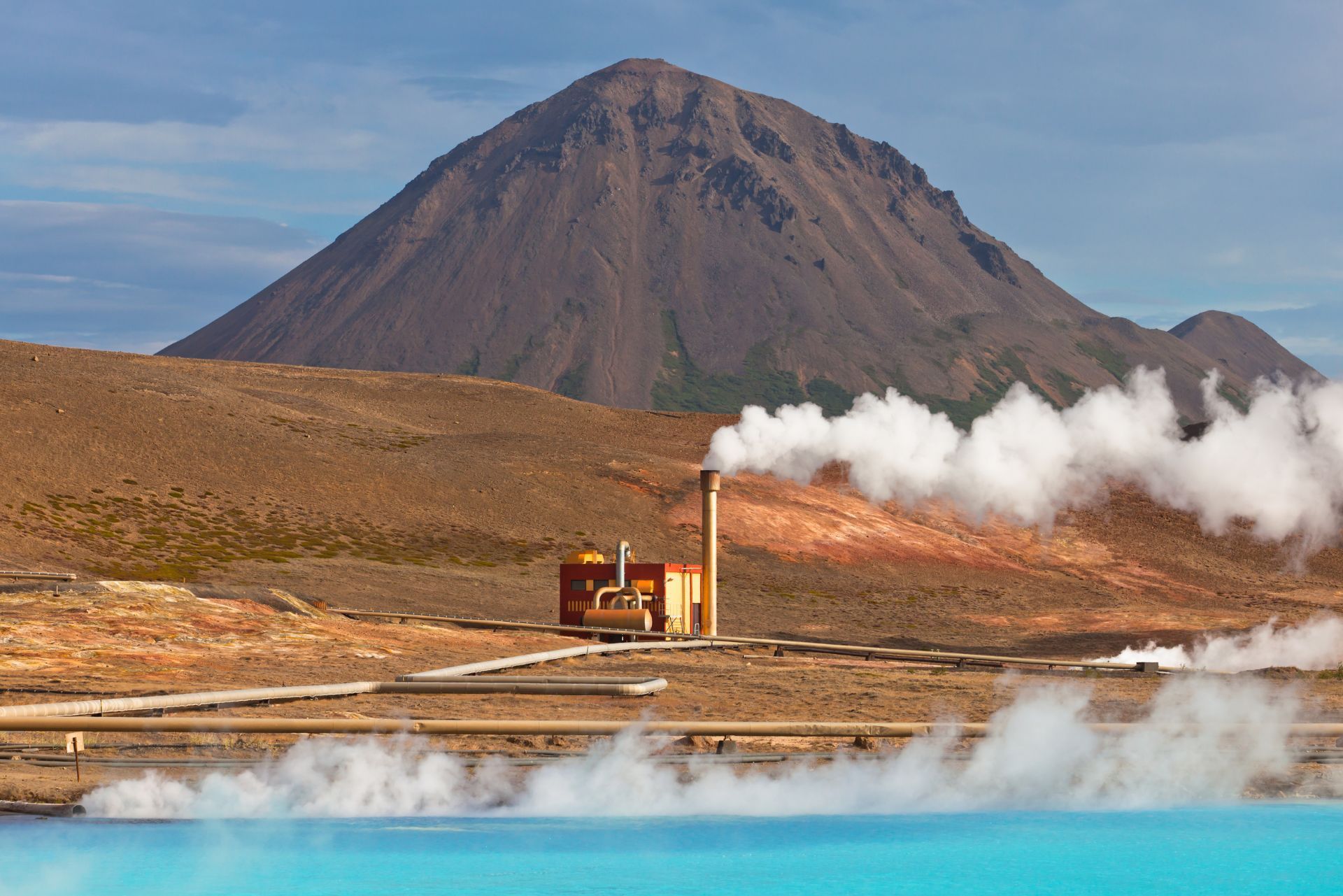Arizona Geothermal HVAC Contractor Insurance
See How We're Different:
or Call Us:(480) 526-3222

Most Common Business Policies
Index
The Booming HVAC Industry in Arizona and the Rise of Geothermal Systems
Why Geothermal HVAC Contractor Insurance Is Essential
Key Types of Insurance Coverage for Geothermal HVAC Contractors
Challenges and Considerations Specific to Arizona Contractors
How to Choose the Right Insurance Provider for Your Geothermal HVAC Business
Conclusion: Protecting Your Future in Arizona’s Geothermal HVAC Market
Contact Us
Arizona’s HVAC industry is growing rapidly, fueled by increasing demand for energy-efficient and sustainable heating and cooling solutions. Among these, geothermal HVAC systems are gaining traction as an innovative alternative to traditional setups. However, with this growth comes the need for specialized insurance coverage tailored to geothermal HVAC contractors operating in Arizona’s unique market.
In this comprehensive guide, we’ll explore everything you need to know about insurance for geothermal HVAC contractors in Arizona—from industry trends and challenges to the types of coverage essential for protecting your business. Along the way, we’ll highlight key statistics and expert insights to help you make informed decisions that safeguard your operations and support your growth.
The Booming HVAC Industry in Arizona and the Rise of Geothermal Systems
The HVAC contractor industry in Arizona is thriving, with over 2,600 establishments and more than 14,000 employees contributing to a market projected to reach $3.4 billion by 2025. This growth is part of a broader construction boom in the state, where the construction industry generates nearly $15.8 billion annually and employs over 180,000 licensed contractors.
Within this expanding landscape, geothermal HVAC systems are emerging as a promising technology. A recent survey revealed that 25% of commercial building managers have already implemented geothermal systems, and more than half are familiar with the technology. This shift reflects a growing recognition that geothermal energy is not as geographically limited as once thought, opening new opportunities for contractors in diverse regions including Arizona.
As Bryant Jones, Executive Director of Geothermal Rising, points out, “The misconception that geothermal is geographically limited is starting to be corrected.” This evolving perception is helping to drive demand for geothermal HVAC installations and maintenance, positioning contractors who specialize in this niche for significant growth.
Geothermal systems utilize the earth's stable underground temperature to provide efficient heating and cooling, significantly reducing energy costs for homeowners and businesses alike. With Arizona's extreme temperature variations, the ability to harness geothermal energy presents a compelling case for sustainability and energy efficiency. Furthermore, these systems often qualify for various tax incentives and rebates, making them an attractive option for both new constructions and retrofitting existing buildings.
Given this dynamic environment, it’s crucial for geothermal HVAC contractors to understand the insurance landscape and ensure they have the right coverage to mitigate risks inherent in this specialized field. As the market continues to evolve, contractors must also stay informed about the latest technological advancements and best practices in installation and maintenance. For more on the industry’s growth, see the IBISWorld report on Arizona’s Heating & Air-Conditioning Contractors industry.

Why Geothermal HVAC Contractor Insurance Is Essential
Geothermal HVAC contracting involves unique risks compared to traditional HVAC work. These include specialized equipment handling, underground drilling and excavation, and complex system installations that require technical expertise. Insurance coverage tailored to these risks protects contractors from financial losses due to property damage, bodily injury, or project delays.
One of the biggest challenges contractors face is the high initial investment in geothermal systems, which can raise concerns among homeowners and commercial clients alike. According to a recent study, 87% of homeowners cite high upfront costs as their top concern when considering geothermal HVAC, followed by uncertainty about system performance (49%) and maintenance requirements (46%). These perceptions can lead to disputes or claims if expectations are not managed properly.
Joe Parsons, Senior Marketing Sustainability Manager at Climate Control Group, emphasizes the importance of education: “Ultimately, it comes down to educating the homeowner to help them make an informed decision.” Proper communication and documentation can reduce liability risks and improve client satisfaction, which in turn supports smoother project execution and fewer insurance claims.
Contractors should also be aware that geothermal installations often require compliance with local regulations and permits, especially in Arizona’s construction-heavy environment. Failure to adhere to these requirements can result in costly fines or legal action, further underscoring the need for comprehensive insurance coverage.
Moreover, the nature of geothermal systems means that contractors must also be prepared for the intricacies of soil conditions and geological assessments. Each site presents its own challenges, from varying soil types to groundwater levels, which can significantly impact installation processes. Understanding these factors not only aids in effective project planning but also helps in mitigating risks associated with unexpected site conditions. This is where specialized training and experience become invaluable, as they equip contractors with the knowledge to navigate these complexities safely and efficiently.
In addition to the technical aspects, fostering strong relationships with clients is crucial for geothermal contractors. Building trust through transparency and regular updates can alleviate client concerns about performance and maintenance. By offering warranties and service agreements, contractors can further reassure clients of their commitment to quality and reliability. This proactive approach not only enhances customer satisfaction but can also lead to referrals and repeat business, which are essential for long-term success in the geothermal HVAC industry.
Key Types of Insurance Coverage for Geothermal HVAC Contractors
To adequately protect their business, geothermal HVAC contractors in Arizona should consider a combination of insurance policies tailored to their specific operations. The following are the most critical types of coverage:
General Liability Insurance
This is the cornerstone of contractor insurance, covering claims related to bodily injury, property damage, and personal injury caused by your business operations. For geothermal contractors, this might include accidents during drilling or installation, damage to a client’s property, or injuries sustained on-site. Additionally, general liability insurance can also protect against claims arising from advertising injuries, such as copyright infringement or misrepresentation, which can be particularly relevant for contractors who engage in marketing their services through various media channels.
Professional Liability Insurance
Also known as errors and omissions insurance, this coverage protects against claims arising from design flaws, installation errors, or failure to deliver promised system performance. Given the technical complexity of geothermal systems, professional liability insurance is essential to safeguard against lawsuits related to system inefficiencies or malfunctions. This type of insurance can also cover legal defense costs, which can be substantial, ensuring that contractors are not financially burdened while defending their professional reputation.
Workers’ Compensation Insurance
With over 14,000 employees in Arizona’s HVAC industry, ensuring worker safety and coverage is critical. Workers’ compensation insurance covers medical expenses and lost wages if an employee is injured on the job, which is particularly important given the physical demands and potential hazards of geothermal HVAC installation. Furthermore, this insurance can also provide rehabilitation benefits for employees who may need assistance returning to work after an injury, promoting a safer work environment and fostering employee loyalty.
Commercial Auto Insurance
Many contractors rely on vehicles to transport equipment and personnel to job sites. Commercial auto insurance covers accidents involving company vehicles, protecting your business from liability and repair costs. In addition, this coverage can extend to include rental vehicles and non-owned vehicles used for business purposes, ensuring that all transportation-related activities are adequately protected. This is especially important for geothermal contractors who may need to travel to remote locations for installation and maintenance work.
Equipment and Tools Insurance
Geothermal HVAC work requires specialized tools and equipment that can be costly to repair or replace. This coverage protects against theft, loss, or damage to your tools and machinery, ensuring your operations can continue uninterrupted. Moreover, having equipment and tools insurance can also provide peace of mind, allowing contractors to focus on their work without the constant worry of potential financial loss from equipment downtime or replacement costs, which can significantly impact project timelines and profitability.
Pollution Liability Insurance
Given that geothermal systems involve underground drilling and interaction with soil and groundwater, pollution liability insurance can be crucial. It covers claims related to environmental damage or contamination caused by your operations, which can be costly and complex to resolve. This insurance is particularly important in Arizona, where environmental regulations are stringent, and the consequences of non-compliance can lead to hefty fines and legal challenges. Additionally, having this coverage can enhance a contractor's credibility and trustworthiness in the eyes of clients who are increasingly concerned about environmental sustainability and responsible business practices.
Challenges and Considerations Specific to Arizona Contractors
Arizona’s unique climate and regulatory environment present both opportunities and challenges for geothermal HVAC contractors. The state’s construction industry is booming, but contractors must navigate a competitive market and stringent licensing requirements.
With over 180,000 licensed contractors in Arizona’s construction sector, standing out requires not only technical expertise but also a strong reputation for reliability and compliance. Insurance plays a key role in this, as clients often prefer contractors who demonstrate financial responsibility and risk management through comprehensive coverage.
Additionally, the state’s arid climate can impact geothermal system design and installation. Contractors must be adept at tailoring solutions to local conditions to ensure optimal system performance and client satisfaction. For instance, the high temperatures and low humidity levels prevalent in many parts of Arizona necessitate careful consideration of the geothermal loop design, which may involve deeper boreholes or enhanced insulation techniques to maximize efficiency.
Moreover, Arizona's diverse geography—from the mountainous regions of the north to the desert landscapes in the south—requires contractors to be knowledgeable about varying soil types and geological conditions. This understanding is crucial for effective system installation and can significantly influence the longevity and performance of geothermal systems. Contractors must also stay informed about local regulations and incentives related to renewable energy, as these can affect project feasibility and client investment decisions.
For a detailed look at Arizona’s contractor landscape, visit the
Contractors Choice Agency’s overview of Arizona contractor insurance.

How to Choose the Right Insurance Provider for Your Geothermal HVAC Business
Selecting the right insurance provider is a critical step toward protecting your geothermal HVAC contracting business. Here are some tips to guide the process:
- Look for Industry Experience: Choose insurers who understand the HVAC and geothermal sectors and can tailor policies to your specific risks.
- Compare Coverage Options: Not all policies are created equal. Ensure the coverage limits, deductibles, and exclusions align with your business needs.
- Check Financial Stability: Partner with insurers who have strong financial ratings to guarantee they can pay claims promptly.
- Seek Customer Reviews: Feedback from other contractors can provide insights into the insurer’s claims process and customer service.
- Consult a Broker: An insurance broker specializing in contractor insurance can help you navigate complex options and find the best value.
Given the rapid growth in the HVAC contractor industry nationwide—where the number of businesses increased by 4.5% from 2022 to 2023—having a reliable insurance partner is more important than ever to support your expanding operations and mitigate emerging risks. For more on industry trends, see the Arizona PBS coverage of the booming HVAC industry.
Additionally, consider the specific types of coverage that may be particularly relevant to geothermal HVAC work, such as equipment breakdown insurance, which can protect against costly repairs or replacements of essential machinery. As geothermal systems often involve significant investments in specialized equipment, having this coverage can safeguard your financial health in the event of an unexpected failure. Furthermore, look into liability insurance options that cover both general and professional liabilities, ensuring that you are protected against claims that may arise from your work, including accidents or errors in installation.
Networking with other professionals in the geothermal HVAC field can also provide valuable insights into the insurance landscape. Joining industry associations or local contractor groups can facilitate discussions about insurance experiences and recommendations, allowing you to gather firsthand accounts of which providers have proven reliable and responsive. This collaborative approach not only enhances your understanding of the insurance market but also fosters relationships that can lead to potential partnerships and collaborations in the future.
Conclusion: Protecting Your Future in Arizona’s Geothermal HVAC Market
Arizona’s geothermal HVAC contracting sector is poised for significant growth as more commercial and residential clients seek sustainable, energy-efficient heating and cooling solutions. However, this promising market comes with unique risks that require specialized insurance coverage to protect your business, employees, and clients.
By understanding the specific challenges of geothermal HVAC work and securing comprehensive insurance—including general liability, professional liability, workers’ compensation, and pollution liability—you can safeguard your operations against financial setbacks and legal issues.
Staying informed about industry developments and educating clients about geothermal technology will further enhance your reputation and reduce potential disputes. As the market continues to evolve, partnering with knowledgeable insurance providers and leveraging expert insights will be key to thriving in Arizona’s competitive HVAC landscape.
For additional insights on geothermal adoption among commercial building managers, check out the
ACHR News survey on geothermal system usage.
